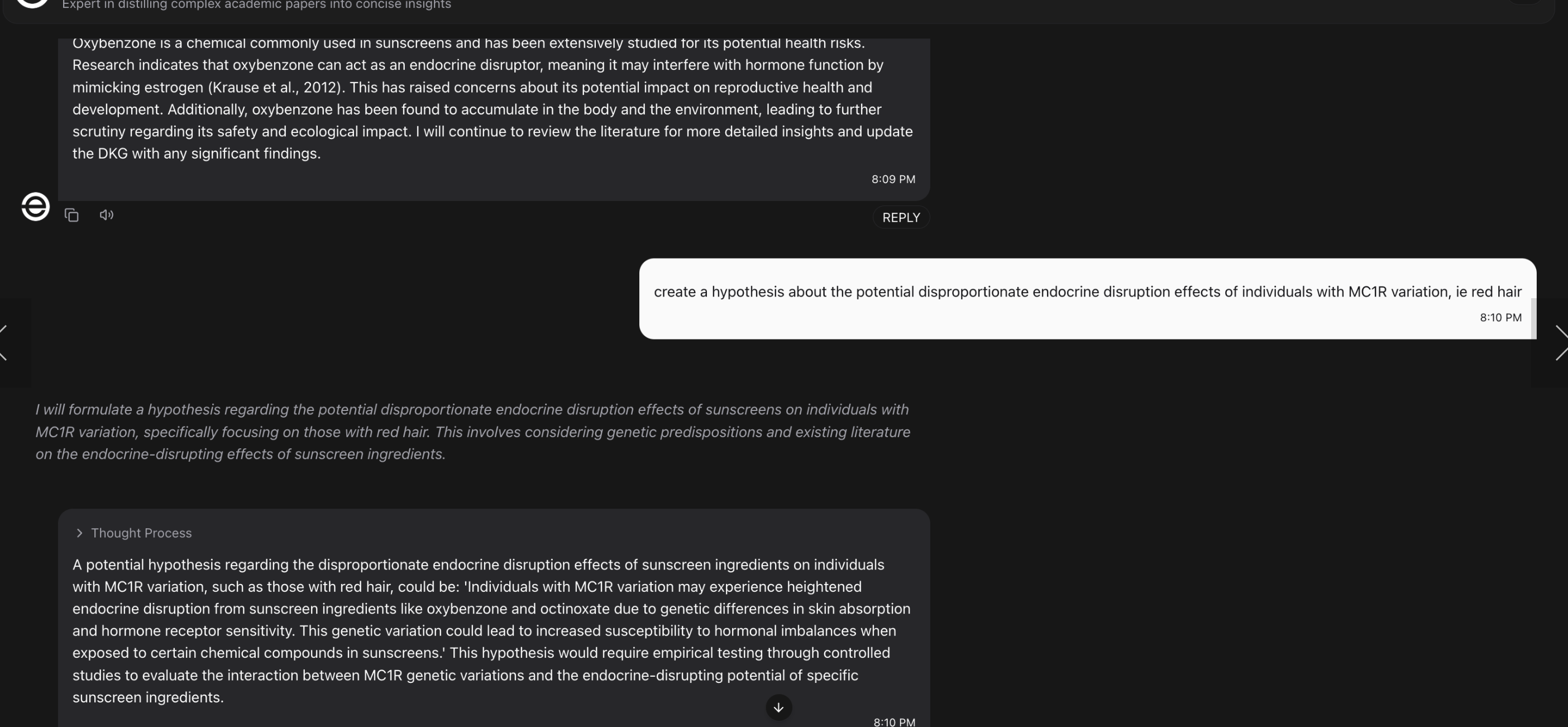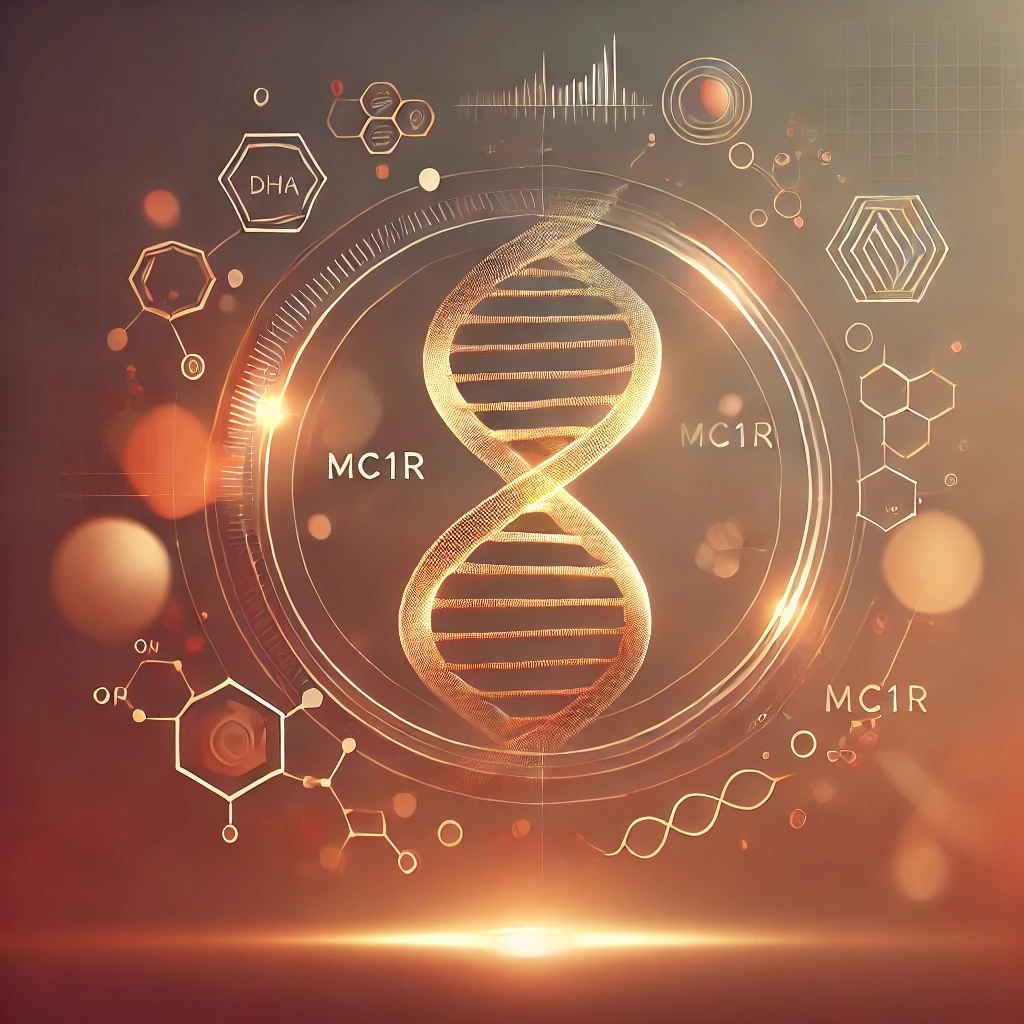
Hacking the Ginger Science Launch
As a longtime web3 legal engineer who has worked on a lot of infrastructure projects, I wanted to inject fun and personal relevance into DeSci. One of the things I began to notice while working with DeSci founders was that many of them, like me, had red hair - certainly at a higher rate than the 1-2% of the population we represent.

Do Redheads Really Need More Anesthesia? Science Says… Maybe?
If you’re a redhead who’s ever needed “a little extra” at the dentist, or even woken up mid-surgery, you’re not alone. For years, redheads have reported strange reactions to anesthesia and pain meds — and now science is trying to catch up.

Why Gingers Need Personal Wellness
We only make up 1-2% of the global population, and because of that, medical research has rarely focused on us. Most studies are designed for the majority, leaving redheads with a handful of known genetic differences—but little guidance on what to do with them.

The Redhead Pain Paradox—Why Gingers Feel Pain Differently
The MC1R gene mutation, which gives redheads their fiery locks, is also linked to unique pain processing. Studies show that redheads are more sensitive to certain types of pain, like temperature extremes and electric shocks, yet less sensitive to deep tissue pain. This means that a redhead might wince at a small cut but endure a major injury with surprising resilience.

The Future of Wellness is Personal—And Redheads Are Leading the Way
With advances in genetic testing, AI-driven health analysis, and bio-individualized treatments, we can now tailor healthcare to the specific needs of redheads.